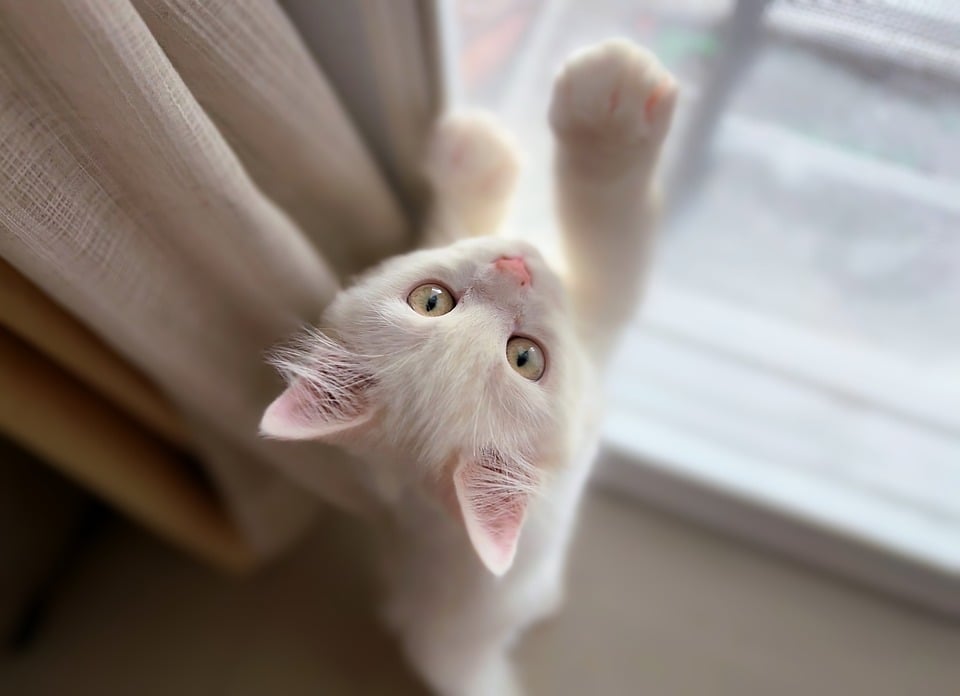Introduction:
Vaccinations are a crucial aspect of maintaining your cat’s health and well-being. By understanding the significance of vaccinations and following a proper vaccination schedule, you can contribute to your cat’s overall health and protect them from deadly diseases. This article will explore the key vaccinations for cats, the importance of following a vaccination schedule, and address frequently asked questions about cat vaccinations.
I. Key Vaccinations for Cats:
A. Core Vaccines:
1. Rabies vaccination:
Rabies vaccination is not only a legal requirement in many areas but also a public health concern. This vaccination protects your cat from a fatal disease and prevents the spread of rabies to humans and other animals.
2. Feline viral rhinotracheitis (FVR) vaccination:
The FVR vaccination prevents a highly contagious respiratory infection in cats. Without proper vaccination, cats can suffer from severe symptoms and potential complications.
3. Calicivirus vaccination:
The calicivirus vaccination protects against a common respiratory infection. This vaccination is particularly important for multi-cat households and shelters where the risk of transmission is higher.
4. Panleukopenia (feline distemper) vaccination:
The panleukopenia vaccination prevents a severe and often deadly disease. By vaccinating your cat, you can control outbreaks and safeguard the health of feline populations.
B. Non-Core Vaccines:
1. Feline leukemia (FeLV) vaccination:
Understanding the risks associated with FeLV is essential. This vaccination is recommended for outdoor or multi-cat households to protect against a highly contagious and potentially fatal disease.
2. Feline immunodeficiency virus (FIV) vaccination:
Exploring the transmission and consequences of FIV is crucial in determining if this vaccination is appropriate for your cat. It is typically recommended for cats with a high risk of exposure, such as outdoor cats.
II. The Importance of Following a Vaccination Schedule:
A. Early vaccinations:
Protecting kittens during their vulnerable stage is crucial. Early vaccinations help establish a foundation for a healthy immune system and protect against diseases that can be more severe in young cats.
B. Booster shots:
Booster shots are necessary to enhance and maintain immunity over time. They prevent the waning of vaccine effectiveness and ensure continuous protection against diseases.
C. Preventing disease outbreaks:
Following a vaccination schedule plays a vital role in preventing disease outbreaks. Through herd immunity, vaccinated cats provide protection to the entire feline population, reducing the spread of diseases.
D. Timely revaccination:
Adhering to recommended intervals for booster shots is essential. Timely revaccination maximizes the longevity of vaccine protection and ensures your cat remains safeguarded against diseases.
III. Frequently Asked Questions about Cat Vaccinations:
Q1: Are cat vaccines safe?
Q2: How often should my cat be vaccinated?
Q3: Can my cat experience side effects from vaccinations?
Q4: What should I do if my cat missed a scheduled vaccination?
Q5: Are there any risks associated with over-vaccination?
Q6: Can indoor cats skip certain vaccinations?
Q7: Can cats have an adverse reaction to vaccines?
Q8: Can vaccines interfere with other medications my cat is taking?
Conclusion:
Understanding the importance of a proper vaccination schedule for your cat’s health is crucial. By taking proactive measures and following the recommended vaccinations, you can safeguard your feline companion and prevent disease outbreaks. Consult with your veterinarian to create a vaccination plan tailored to your cat’s specific needs and ensure they receive the necessary protection against potentially life-threatening diseases.








